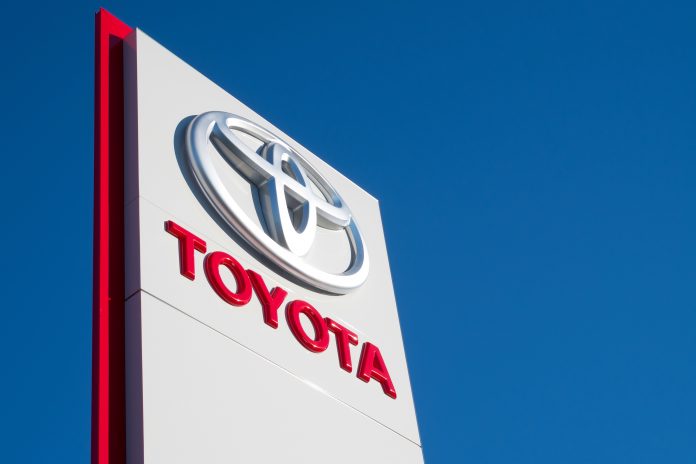Toyota has adjusted its production output as the auto industry’s supply shortages persist. The affected lines include the company’s crossovers, utility vehicles, SUVs and sedans.
The automaker estimated it would manufacture 500,000 fewer vehicles than initially anticipated by March 2023, bringing the year-round total to 9.2 million. Toyota joins other companies that cut their projections due to ongoing semiconductor supply shortages and reduced profits.
Like many carmakers, Toyota floundered in 2022, despite the previous year’s high growth. The Japanese manufacturer saw a 25% decrease in profits over the summer alone, forcing it to adjust its year-end predictions. The record-breaking sales immediately following the COVID pandemic in the U.S. seemed to have lulled some industry leaders into a false sense of security. Once the market shrank in the face of high-interest rates, supply shortages and inflation, businesses like Carvana found themselves stretched thin over their hastily acquired investments, leading to emergency strategy revisions.
 |
While less extreme than the responses of its competitors, Toyota’s plan to cut production would still decrease costs and improve the company’s profit margins. However, the damage could be passed on to dealers and consumers, who will face increased prices due to scarcity. Some carmakers have discussed the possibility of cutting out dealerships and relying on direct-to-consumer methods, although auto-retail experts continue to debate the benefits. To answer supply shortages without harming other sectors, companies will need to carefully balance their operations between producing high-demand vehicles and keeping their products affordable.
However, Toyota still has reason to celebrate despite the adjustment, as their production total will still be a record for the company; roughly 120,000 units more than their previous high in 2017. The coming years are also likely to feature new growth for the auto industry as supply shortages are resolved.
Did you enjoy this article? Please share your thoughts, comments, or questions regarding this topic by connecting with us at newsroom@cbtnews.com.
Be sure to follow us on Facebook, LinkedIn, and TikTok to stay up to date.
While you’re here, don’t forget to subscribe to our email newsletter for all the latest auto industry news from CBT News.




